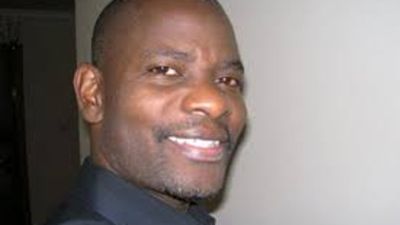By Musaazi Namiti
Kampala: The governor of the Bank of Uganda (BoU), Emmanuel Tumusiime-Mutebile, has a dazzling array of awards to his name, and enumerating them requires a fair bit of time.
I will take a quick look at the awards and then pose the million-dollar question: How can an award-winning governor be the same man in charge of an institution that does not seem to know what is happening in the commercial banks it supervises?
In 2005, Mr Tumusiime-Mutebile was named the recipient of the Kikonyogo Capital Markets Award (named after his predecessor Charles Nyonyintono Kikonyogo).
In 2009, Nkumba University awarded him an honorary doctorate – and Dr Maggie Kigozi, the university’s chancellor at the time, said the governor received the degree because of being an outstanding financial manager.
In 2011, Mr Tumusiime-Mutebile was named the Central Bank governor of the year in Africa. The governor, 71, received the accolade at the African Banker Awards during IMF-World Bank annual meetings in Washington, D.C. The award was in recognition of his outstanding leadership and for being the architect of Uganda’s economic revival, according to local news reports.
In 2015, Prime Minister Ruhakana Rugunda laid the foundation stone for the construction of a multi-million complex in honour of Mr Tumusiime-Mutebile at Makerere University. The governor himself unveiled an artistic impression of the Mutebile Centre of Excellence.
The Centre was estimated to cost $20 million and is a tribute to Mr Tumusiime-Mutebile’s commitment to national and international development.
These awards suggest that the governor, who has been in the job since 2001, is a star performer and that the institution he heads works effectively and runs like clockwork. Is this the case? The answer, sadly, is no.
BoU remains an embattled institution and now has a new crisis to deal with, following a High Court ruling that revealed that a Kenyan commercial bank, working with its subsidiary in Uganda, which is under the supervision of the central bank, provided loans without a licence, thereby contravening the Financial Institutions Act.
The Ham Kiggundu vs DTB case raises questions that point to BoU’s incompetence. Mr Kiggundu, a businessman, sued DTB, alleging that the bank, from which he had secured loans, was deducting more money from his bank accounts than it was supposed to take, according to his lawyer, Fred Muwema.
When the High Court’s Commercial Division heard the case, it found evidence that DTB was operating illegally.
“We realised that the foreign bank was lending without a licence. We realised that the local bank was acting as an agent for the foreign bank without approval and authorisation in accordance with the law,” Mr. Muwema told NBS TV.
How all this happened under the nose of BoU without its inspectors getting to know this illegality is hard to understand.
Under sections 78 and 79, the Financial Institutions Act enables BoU to know all there is to know about banks operating in Uganda. But that is if its staff want to know.
Prior to this latest scandal, BoU was, in 2018, under scrutiny before a parliamentary committee on how it handled the closure of seven commercial banks.
The probe revealed mismanagement. Some senior BoU officials did not even know things everyone thought they knew.
What is more, BoU’s trading in securities has been a disaster. In February 2020, for example, Bloomberg reported that the bank had made losses totalling Shs 2 trillion ($545 million) for most of the past 15 years.
BoU only made a profit in 2007, managing a measly Shs40 billion.
That is your central bank!
Mr Namiti is a journalist and former Al Jazeera digital editor in charge of the Africa desk.
musaazihnamiti@gmail.com
@kazbuk
![]()




























